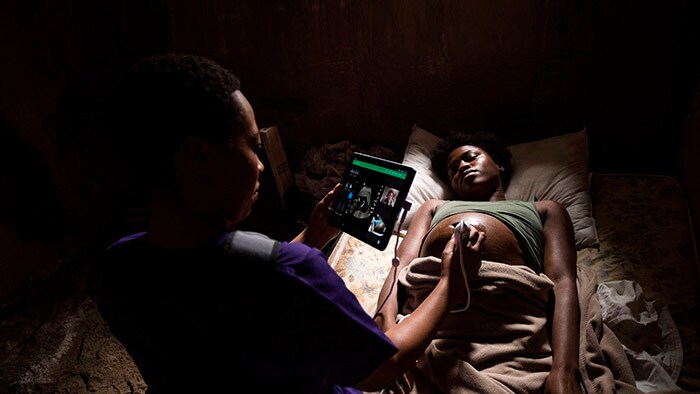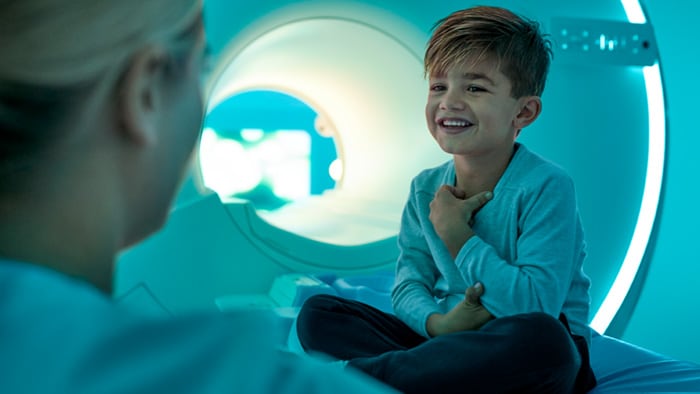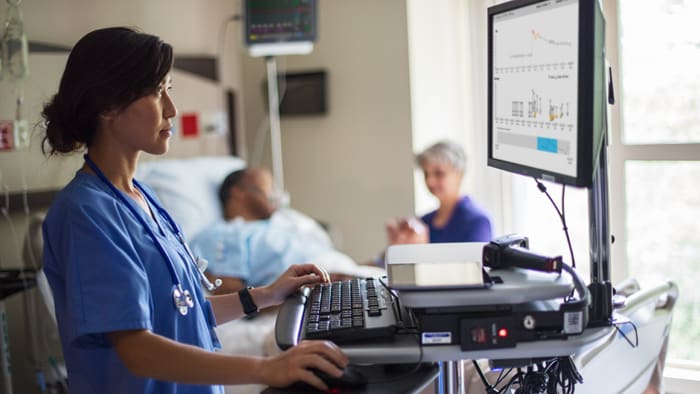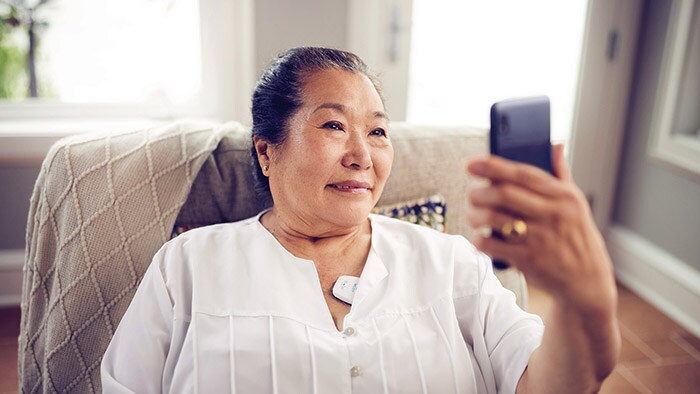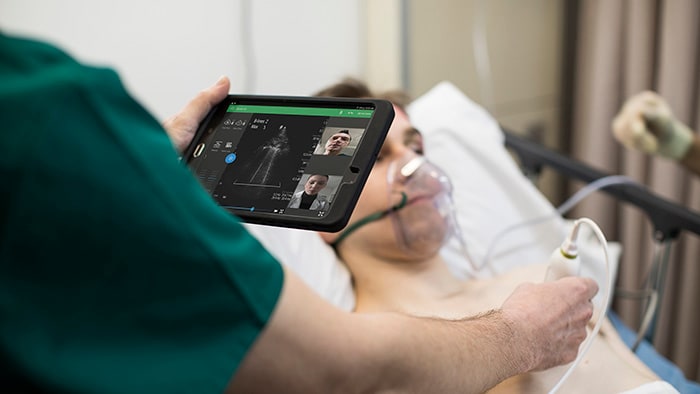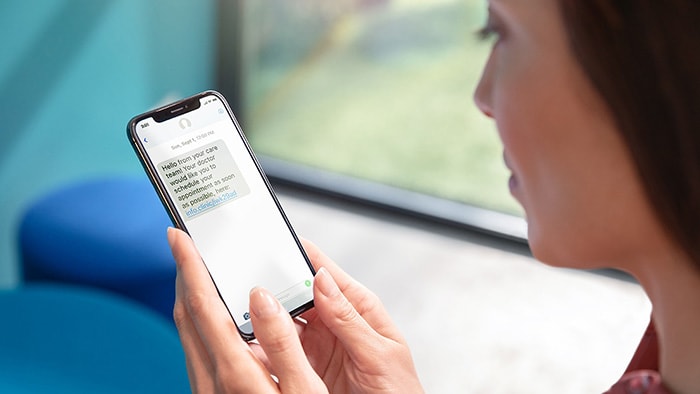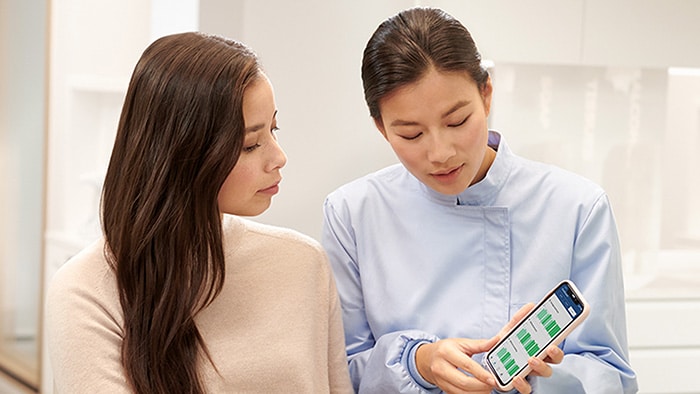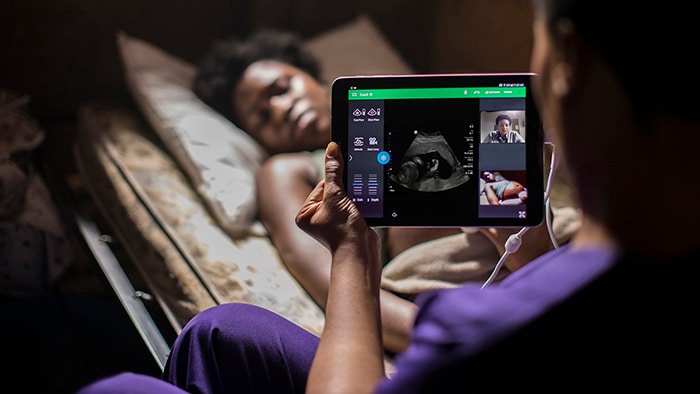We can accelerate the digital transformation of healthcare
Interview with Ymke de Jong, Clinical Data Scientist at Philips
Every innovation has a long journey, from the first idea to a product or a solution. As a Clinical Data Scientist, Ymke de Jong accelerates innovation by using data and AI. She ensures that newly developed solutions also have a practical application in healthcare - and are preferably implemented quickly and as impactfully as possible. “Data-driven solutions, including data science and AI, have a major impact on healthcare, which will only increase. With data science and AI, we can make healthcare smarter and more efficient, improving patient and staff experience while keeping costs low.”
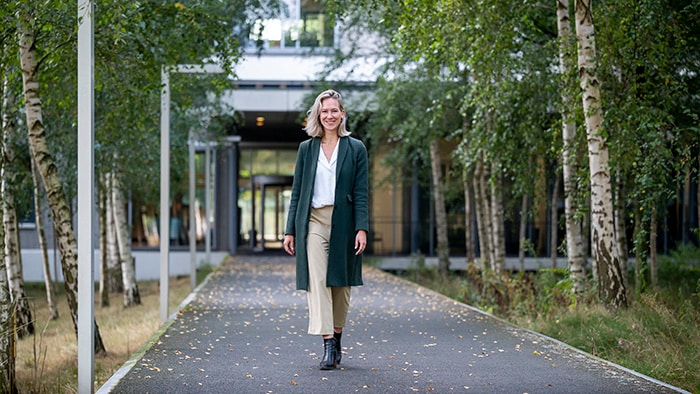
From algorithm to implementation and adoption
Already many new solutions that use of data science and AI are being developed. "The challenge right now is: How do we bring these innovations from the lab to the clinical environment?", says Ymke. "A colleague from the hospital recently said: 'In data science and AI, a lot of work is being done to create a perfect algorithm. Implementation in the hospital receives less attention, but that is where you see the real problems.”
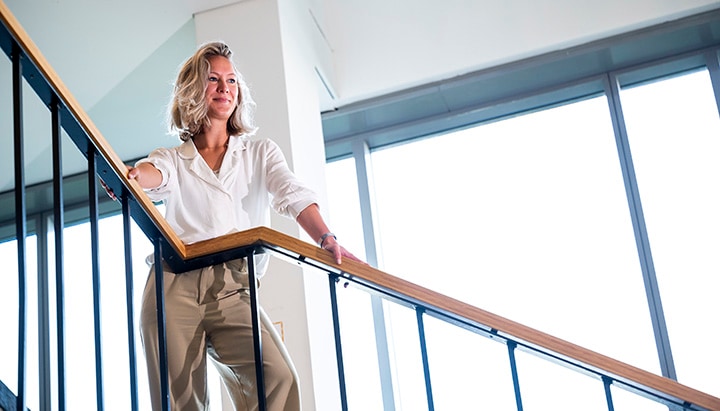
Ymke is the driving force behind the bench-to-bedside team, which brings together researchers and healthcare professionals. Innovation does not only require technical expertise, such as developing algorithms, data management and data interoperability: “We also work with experts on the innovation process and change management. They think about how you can best implement new technology in a healthcare environment."
Collaborating in multi-disciplinary teams
The bench-to-bedside project is part of the Eindhoven MedTech Innovation Center (e/MTIC), a partnership between Philips, TU/e and the three local hospitals: Catharina Hospital, Máxima Medical Center and Kempenhaeghe. “When you develop and implement a new data science application, you need people with different skills and backgrounds, both within Philips and within the hospital. You therefore always work in projects with different formations, depending on the domain and the phase of the innovation process; from the scientist's desk to the patient's bed."
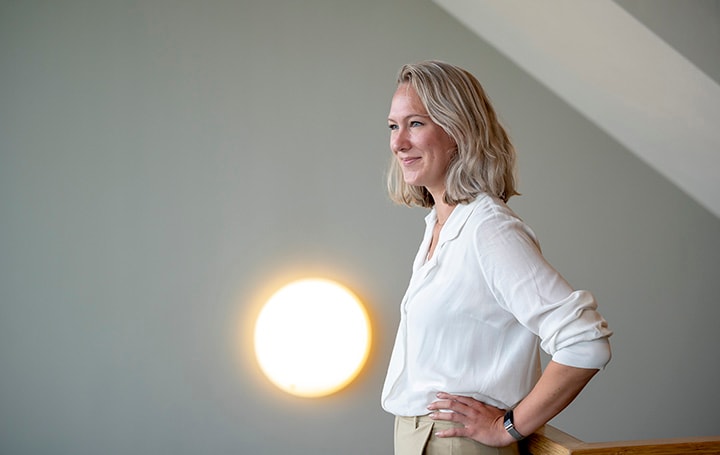
The teams work in a six-month cycle in a 'fast track for AI development' on a clinical challenge; always with the aim of accelerating digital innovation in healthcare. "We have already mapped, built and tested solutions for various practical problems. The team is simultaneously working on a project that Philips has on its strategic roadmap and on a project that addresses a problem for the hospital. The different organizations can learn from each other and we bring digital innovations to clinical practice." The biggest advantage: "By starting from relevant clinical need and continuously involving clinicians, we expect the chances of adoption to be much higher."
From digital twin to data scientist in IT
With a background in biomedical engineering and a focus on computational biology, it was obvious that Ymke would eventually end up in health technology: "The human body is incredibly complex, we don't fully understand it yet. With the help of data, we increasingly get a better picture of how our body functions. We can also translate the data from different measuring devices into meaningful information on the basis of which physicians can decide on the best therapy for each patient.
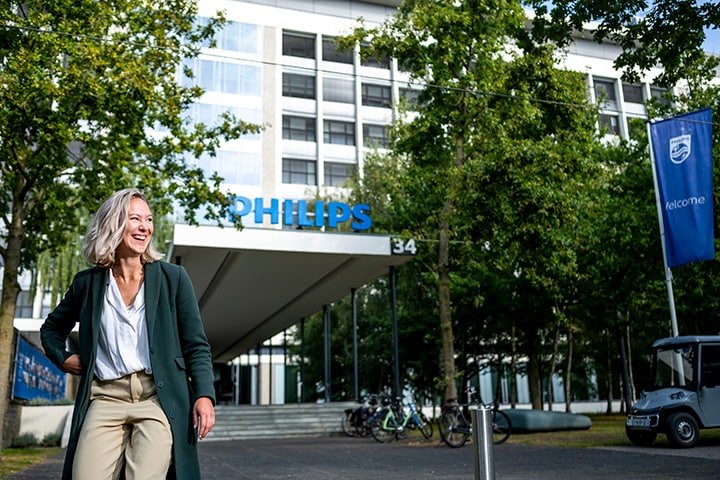
This shows, for example, in the concept of the digital twin of muscles on which I worked. With such a digital 'twin' of a patient, it is very easy to see how muscles work and how they respond to treatments."
Data as a foundation
According to Ymke, the biggest challenge in almost every data project is the availability of high quality data for both research and implementation in clinical practice. "Research requires large amounts of data to train models and prevent bias. e/MTIC plays an important role in supporting research and implementation." “If you work with multiple parties, you can achieve the scale you need to develop AI models and ultimately improve healthcare. Or, as one doctor put it recently: 'In a relatively short time, we have shown that we can achieve more together than alone.'"
If you work with multiple parties, you can achieve the scale you need to develop AI models and, ultimately, improve healthcare. Or, as one doctor put it recently: 'In a relatively short time, we have shown that we can achieve more together than alone.'
Ymke de Jong
Clinical Data Scientist
“And that is exactly why it is so important that we work together in the Eindhoven region. You can see e/MTIC as a testing ground for sharing data. We can collectively accelerate the digital transformation of healthcare.”


